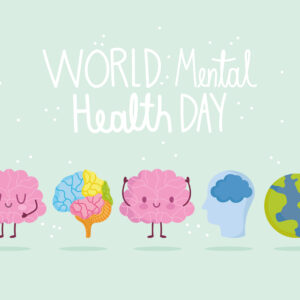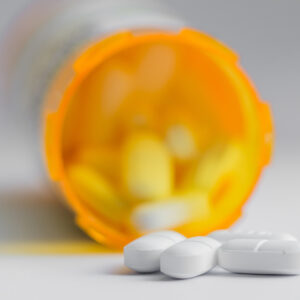
For many people in recovery, the idea of socializing without alcohol seems strange. They’ve spent their lives associating parties with booze and don’t know anyone who attends an event without a drink in their hand.
However, there are signs that a cultural shift is underway—and that choosing to remain sober is becoming much more common. In fact, some have gone so far as to state that there is a sober revolution encouraging people from all backgrounds to either forgo alcohol consumption entirely or substantially limit their drinking.
Dry January Is Giving People a Taste of Sobriety
Dry January is a public health campaign encouraging people to abstain from alcohol for the month of January. It is often framed as a way to focus on wellness after overindulging during the month of December—much like how people often purchase gym memberships and make New Year’s resolutions to start exercising regularly.
According to Newsweek, US participation in Dry January was up 14% in 2022. Approximately 35% of adults of legal drinking age participated in the month-long challenge. Many documented their journey on social media platforms such as Instagram and TikTok.
Experiences with Dry January vary, but this taste of sobriety is often enough to convince people to make permanent changes to their behavior. For example, spending one month without alcohol may show them that they’ve been using booze to cope with stress or that their drinking is negatively affecting their personal relationships.
Drinking Is Becoming the New Smoking
Some researchers are comparing the push towards sobriety to how the attitude towards cigarettes shifted once the general public became more aware of the health dangers smokers face. About 50 years ago, nearly half of all adults smoked. Today, that number has dropped to less than 15%. The decline among teens and young adults is even steeper, with Truth Initiative reporting that youth smoking dropped to an all-time low of 2.3% in 2021—down from nearly 23% in 2000.
Comparable statistics on alcohol consumption are difficult to find, but the National Institute on Alcohol Abuse and Alcoholism reports that just over 30% of American adults have not consumed alcohol in the past year. The abstainers are a diverse group. Aside from issues with alcohol abuse, reasons people don’t drink include:
- Concern about general health
- Weight loss efforts
- Side effects with medication
- Religious views
- Personal preference
There’s a Growing Awareness of Gray Area Drinking
Gray area drinking is not a medical diagnosis, but this concept was popularized by Jolene Park in a 2017 TED talk as a way to help people determine if their alcohol consumption deserves a closer look. A gray area drinker is someone who doesn’t meet the criteria for an alcohol use disorder (AUD) but is still drinking in a way that is unhealthy.
Gray area drinkers may notice that alcohol consumption is negatively affecting their mental health, find themselves frequently drinking more than they first intended, and worry that alcohol is keeping them from living the life they deserve. For those individuals, sobriety is seen as a way to help them reach their full potential. They may not qualify for formal addiction treatment, but they’re making a personal choice to live in a way that will help heal their mind, body, and spirit.
The Sober Curious Are Urging a Mindful Approach to Alcohol Consumption
In 2018, Ruby Warrington published “Sober Curious: The Blissful Sleep, Greater Focus, Limitless Presence, and Deep Connection Awaiting Us All on the Other Side of Alcohol.” Her book encouraged readers to look closely at how their alcohol consumption was affecting their day-to-day lives. Warrington doesn’t necessarily encourage people to abstain from drinking entirely, but she does stress that a more mindful approach can help them find the balance they’re craving.
Young adults have led the way in adapting the sober curious philosophy—exploring botanically based alcohol alternatives and spending time at booze-free bars that promise a fun night of socializing without a hangover the next day. Some limit drinking alcohol to special occasions, while others decide to forgo it entirely.
You Don’t Need to Apologize for Your Choice to Remain Sober
The guiding philosophy behind the sober revolution is that you shouldn’t feel the need to apologize for living your life in a way that feels authentic to you. Even if you don’t want to share your recovery story with others, there’s no reason to think you’ll be the only one at a party without a drink in their hand. Reaching out to connect with others who are choosing sobriety—regardless of the specific reasons behind their decision not to drink—can help you expand your sober support network and continue moving forward with your recovery journey.
Waypoint Recovery Center Is Committed to Your Success
Whether you’re concerned about your drinking, newly sober, or wondering how to approach the next stage of your recovery journey, Waypoint Recovery Center is here to help. Our South Carolina drug and alcohol addiction treatment center offers a full continuum of care for men and women with alcohol use disorders—including treatment for co-occurring mental health conditions. Contact us today to learn more about how we can help you take the first steps towards a brighter future.





